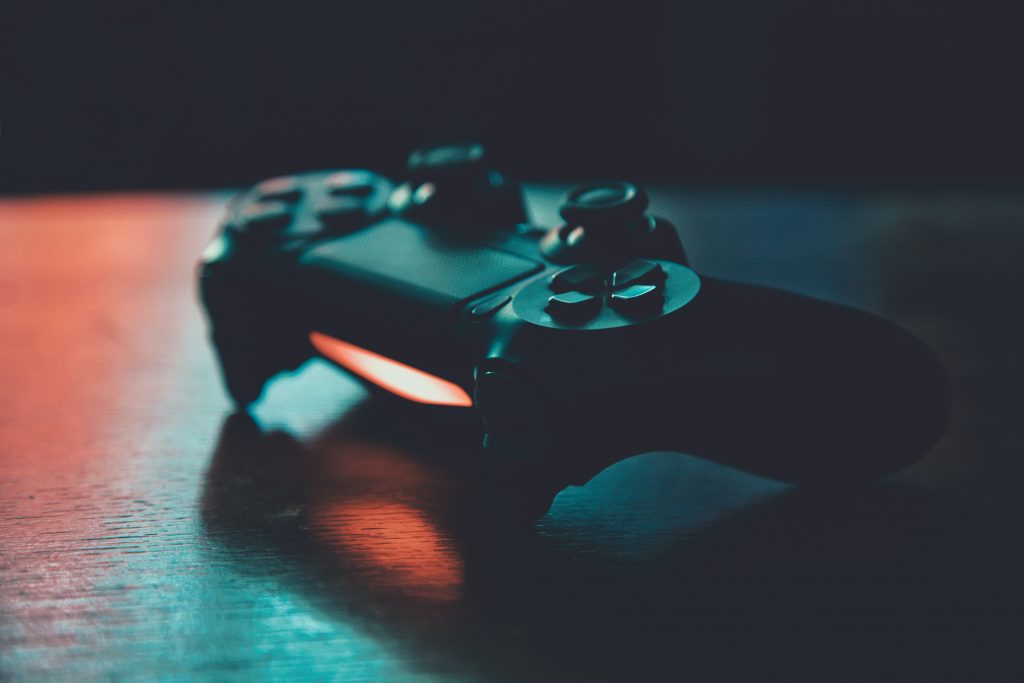Professional games are growing rapidly and offering millions to the best players. But exports are also taxed physically and mentally – and some have decided that enough is enough
Her wrist was in pain. Julia Bright only played Overwatch online for two hours as part of her usual daily investment in the game, but she couldn’t take it anymore. Desperate to calm his hands and arms, he dipped them deep into a bucket of icy water. Freezing liquid helps a little. But after a few minutes this causes its own pain.
Bright is used to playing Overwatch, the hugely popular team-based first-person shooter (FPS), for about eight hours a day. Recently, however, he’s been forced to drastically cut back on his training hours, or “squeak”. His right arm hurts the most – the one with the mouse. Bright has developed a habit of grasping a curved black-and-black device with claw-like claws that contract sharply during intense gaming moments.
He is 20 years old, lived with his parents in North Carolina for a year, and started a career as a professional esports star. Those who qualify for the Overwatch League can earn a six-figure salary and share a prize pool of up to $ 5 million. On paper, their chances are good. He had a winning record and, at the time, had years of experience betting potential competitors online in various FPS games. When he first started playing as a teenager, Bright quickly realized his competitive spirit. “It tasted like fire,” he said. “I’ve always wanted to win.”
But now, injured and replaced as a substitute for his team, things are falling apart. He lay there at night, worried, wondering if the terrible pain would torment him for life. Things went wrong early last year before North America’s second open season kicked off at Overwatch, where high-level but unprofessional players competed against each other online. For many people, this is a great opportunity to prove themselves. Scouts and analysts from a professional team closely monitor the outdoor season, so performance may be the first step towards a full Overwatch career. But while Bright waits for the season to start, she is distracted by another game.
“The way I screwed it up,” he recalls, “was I didn’t take care of my wrists when I sanded Apex Legends.” In the past, Bright said she tries to stretch her arms and take regular breaks. But Apex Legends – a recently released FPS game where players form small teams to fight other people online – devoured it so much that he missed it for about two months.
He noticed that the pain was getting worse with a strange swelling in his wrist. His doctor referred him to an arm specialist, but it took months before a satisfactory diagnosis was made. Initially, specialists suggested that Bright’s injury was tendinitis, an inflamed tendon that may only need rest. But the rest didn’t help. Both physiotherapy and steroid injections. Nothing seems to be working.
Magnetic resonance imaging in October revealed the causes of pain: torn ligaments and sprained tendons. His doctor agreed that this was most likely due to the overuse of video games. The good news is he now has the opportunity to undergo surgery. “I shouted at my mother tonight,” Bright recalled. After a lifetime of fear of severe wrist pain, there is at least hope now.
After the operation, Bright wore a cast on her wrist for about six weeks and then braces for another six weeks. Several months of physiotherapy and rest are followed. Bright still plays video games – Valorant’s FPS is his current favorite pursuit – but only for short 40 minute sessions at a time. He had to accept that his hopes of becoming a professional player were over for now. Your wrist, although much better, is still about 80 percent recovered, and to regain its competitive advantage, it must grind enough to endanger your health. “I was very close to my last team,” he said. “I’m the best I’ve ever had.”
